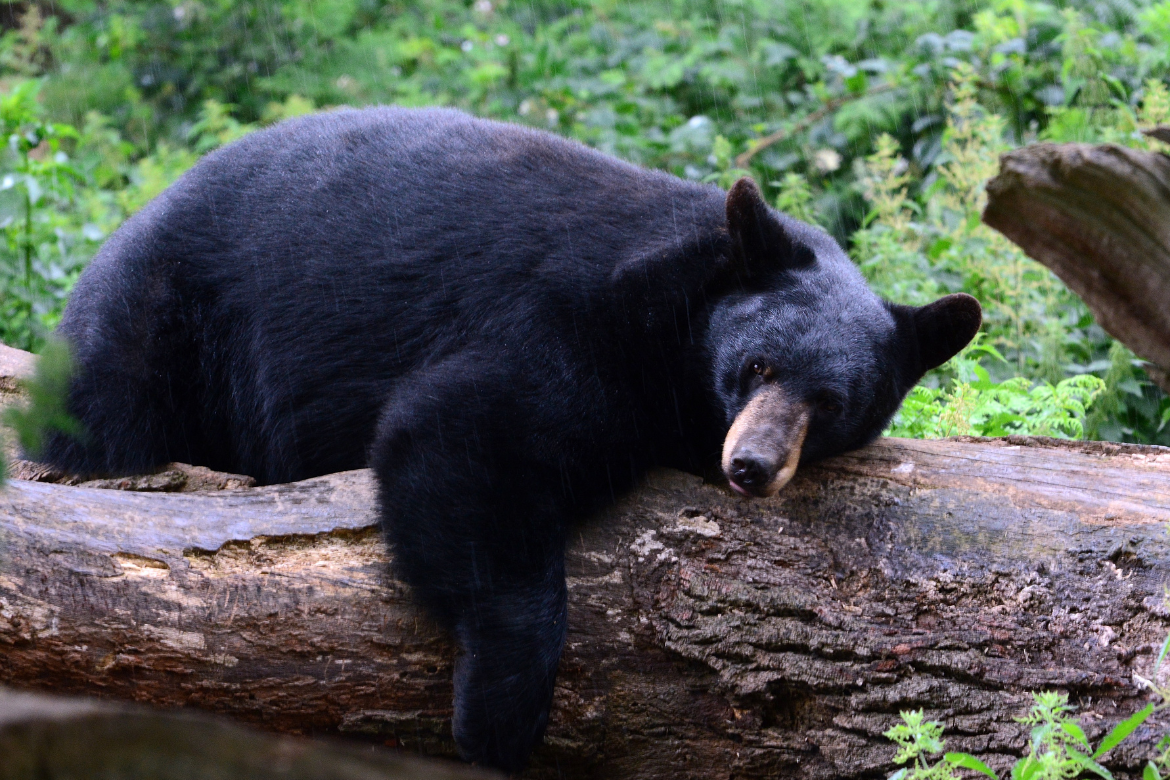As warmer weather arrives, Saskatchewan residents are being reminded to stay vigilant and bear-aware while outdoors. With black bears emerging from their dens in search of food, the provincial government has issued guidelines to minimize human-bear conflicts.
Black bears are widespread throughout the province, with sightings common in the northern forests as well as regions like the aspen parkland, Touchwood Hills, the Qu’Appelle Valley, and the South Saskatchewan River Valley. Driven by their need to find food and accumulate fat, these intelligent animals can be discouraged from human areas by eliminating attractants such as pet food, trash, bird feeders, and dirty barbecues.
“Reducing or removing attractants is a crucial step in keeping yourself and your property safe in bear country,” the press release states. “By keeping areas like yards and campsites free of attractants, you can reduce the likelihood of human-bear conflict.”
To enhance public safety and prevent the habituation and food conditioning of bears, it is illegal to feed bears, as well as wolves, cougars, and coyotes. The law exempts hunters and trappers who are operating under a license and legally baiting.
Bear-proofing tips
The government advises several measures to bear-proof yards and campsites:
- Garbage: Store garbage in a secure building or a bear-resistant container, putting bins out only on the morning of collection. Wash all recycling items and regularly clean garbage or recycling bins.
- Pet Food: Ensure pet food is stored in a place inaccessible to wildlife.
- Bird Feeders: Use bird feeders only in the winter when bears are hibernating.
- Compost: Avoid adding fish, meat, fat, oils, unrinsed eggshells, or cooked food to backyard compost.
- Barbecues: Properly clean and store barbecue grills after each use.
- Camping: Do not cook, eat, or store food in tents or tent trailers. Store food in airtight containers in the trunk of your vehicle.
- Garbage Disposal: Place all garbage in provided containers and do not burn or bury scraps.
- Fish Cleaning: Clean fish only at designated fish-cleaning stations.
- Pets: Keep pets on a leash while hiking.
Reporting and safety
In case of an immediate risk to people’s safety from a bear or any other wildlife, residents are urged to call 911. For encounters with aggressive wildlife, the Turn in Poachers and Polluters (TIPP) line can be reached at 1-800-667-7561. Concerns about bears or other nuisance wildlife can be reported to the Ministry of Environment at 1-800-567-4224 or via email at [email protected].





